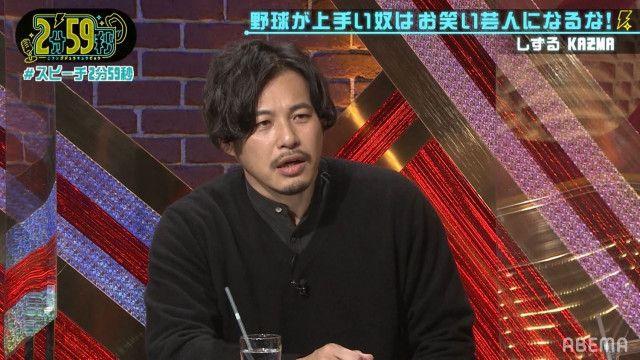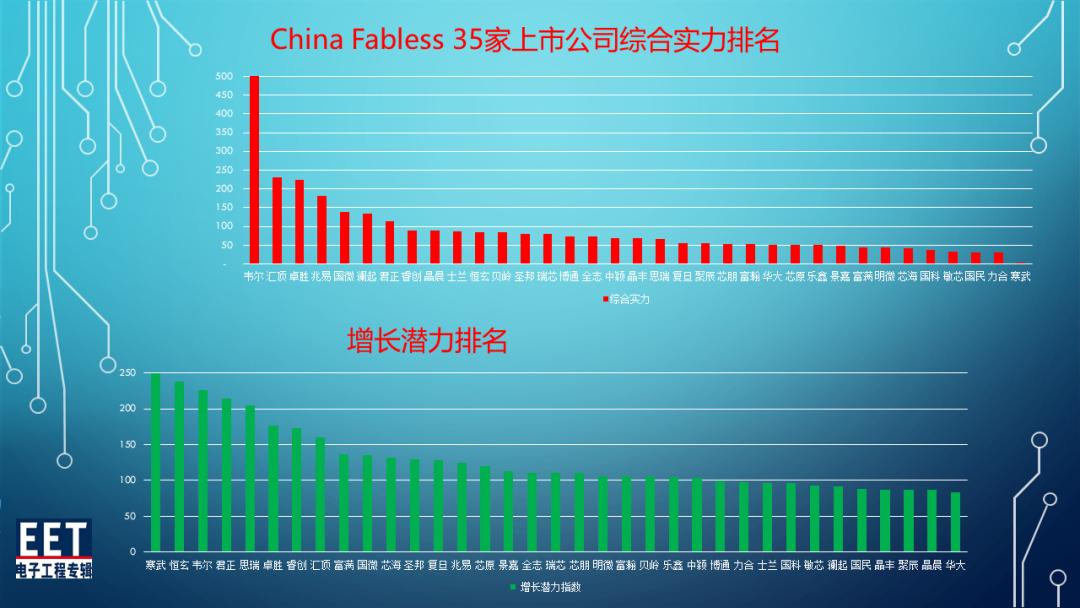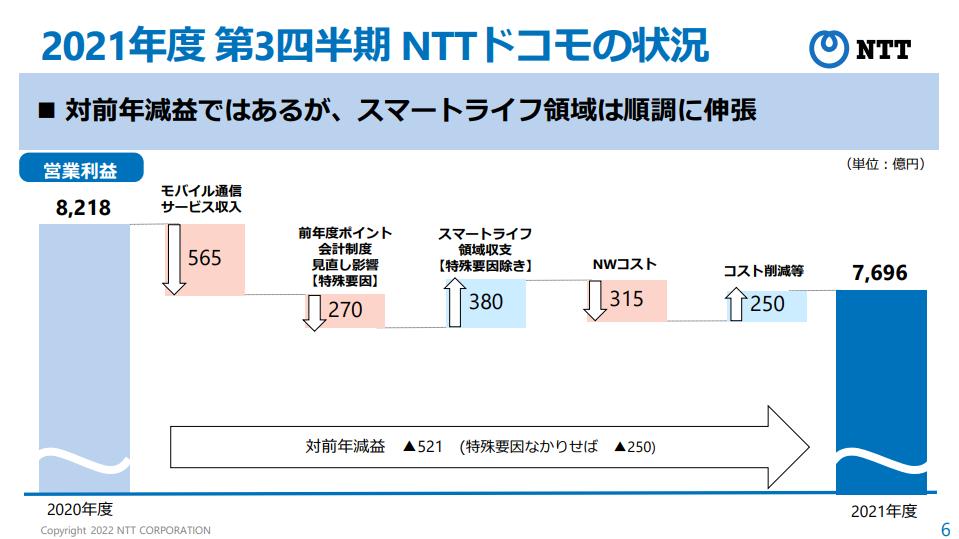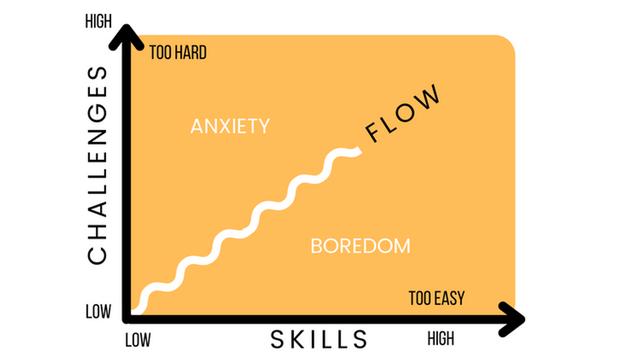[Schmpy Peter Award Winning] Hire quantum computer researchers with "annual income of 5 million" Can Japan "wild"? Waseda University Professor Hiroshi Shimizu.
―― Congratulations on winning the Schnipeter Award.
Thank you.I feel a little out of place to join the genealogy of the most prominent winners, such as Dr. Masahiko Aoki of "Comparative System Analysis", Richard Nelson of "Evolution Economics", and Steven Crapper of "Industry Dynamics".But I am very honored.
――Please tell us about the research you won.
清水洋氏I am studying General Purpose Technology, which has a major impact on society, that is, highly versatile technology innovation.In the old days, "steam engine" or "electricity", "laser" after the war, and now "artificial intelligence".
Successful innovation can be used in various places, greatly improving social productivity.Such innovation is directly linked to corporate competitiveness.In the past, the British and American and the United States, which invented steam engine and electricity, led the global economy, and in the laser, Japan -US Germany has cut off.Currently, the United States and China are competing intensely over the core technology of artificial intelligence.
――What are the conditions for successful innovation of versatile technology?
In other words, increasing the liquidity of human, goods, and money -I call it "wild", but is considered to be a condition that makes it easier to innovate.In other words, if people change jobs like American society, scrap -and -builds such as companies and production facilities are active, and venture capital funding becomes more active, so that innovation is more likely to occur.
On the other hand, in my research, in a semiconductor laser technological innovation survey, in my research, a highly fluid society like the United States tends to be more likely to have innovation, but the achievement technology level is low.It was empirically revealed.In other words, if you promote startups, innovation will not be created one after another, and everything will be OK.This is a different perspective than the conventional common sense, which led to this award.
――Why is a highly fluid society, and the achievement technology level decreases?
In the United States, when a new technology is developed in a company, the person involved in it tends to bring the new technology to another submarket and make a profit.In other words, researchers and engineers spin out from the company and launch a new startup company.
In order to acquire an attractive submarket, it is important to enter faster than others, so it is more likely to have spin -out competition among engineers.Then, the timing of spin-out is made forward from T to T-1 as the arrow (1) shown in the figure below shows.As a result, as the arrow of (2) shows, the orbit of existing technological evolution converges early, as in the dash in the figure.
スピンアウトのタイミングと技術進化(清水洋『野生化するイノベーション』195頁より)In short, in a highly liquid society, in order to achieve results quickly, there is a possibility that only "Low-Hanging Fruit" will be targeted, and the thick technology of the trunk may not grow.is.
--I see.Then, as in Japan, the liquidity of human, goods, and money is low, and a society where spin -out is less likely to occur is higher in technology.
Basically, that tendency is such a trend, but the only thing to keep in mind is that you have reached the stage of T+1, where the technology is already mature, but continues to compete in the same market forever.Then, you will gradually fall into price competition and become unable to make a profit.I think this is a state where many Japanese companies are falling now.
Therefore, it is my opinion that the American -type society and the Japanese -style society are advantageous and short, and it is not always better to be better.The important thing is to fully understand the structural mechanisms for innovation and think about improvements in accordance with each society.
――But, isn't the American -type society better?Even in this corona evil, Japan cannot develop vaccines on their own and have to rely on American vaccines.
Certainly, while Japanese pharmaceutical companies are still unable to develop new colonavirus vaccines, the US Pfizer and Modela have quickly developed Corona vaccine and export them worldwide.Now both companies are hitting unprecedented sales.
――In the book (“Innovation to Wild”, which was written for the general public in the development of the research targeted for this time, in the innovation, innovation.It was suggested that "animal spirits" were important.Isn't it necessary to regain animal spirits by "wilding" like the United States as in the United States?
『野生化するイノベーション:日本経済「失われた20年」を超える』
Speaking of this colona vaccine, it would be wrong to return to "spiritualism."The United States was able to develop a vaccine ahead of other countries because former President Donald Trump invested a huge budget of $ 18 billion (about 2 trillion yen) and developed the public and private sectors.In the first place, in Japan and the United States, the budget that can be used for R & D is literally a "difference".
――It is said to be one of the causes of Japan's “vaccine defeat” because pharmaceutical companies that hated the excitement of anti -vaccine movements became reluctant to develop vaccine development.
It's not my specialty area, so I don't know about that.However, from the perspective of a business scholar, it is impossible to try to fill the difference in budgets with different kettes in the spiritual theory such as "active / reluctant".Such an idea reminds the Japanese military's mistakes in the Pacific War, ignoring his overwhelming gaps and has begun the war.
In the first place, I feel that in Japan, there is a belief that "the United States is a country that has grown economic growth by actively competing for private companies."But that is an illusion.Of course, there are such aspects, but from the perspective of innovation research, in the United States, in the United States, a country centered on the Innovation of private companies is firmly supported by the Ministry of Defense.The presence of the nation is overwhelming.
For example, in the United States, vaccine development is originally regarded as part of "security."So, before the Trump administration had a budget of 2 trillion yen, a huge budget was issued by the Defense Higher Research Planning Bureau (DARPA) under the Pentagon's Umbrella.It is difficult for Japanese companies to compete on their own.
About half (48 %) of the research expenses spent by the US country in 2015 are related to the Ministry of Defense.It is no exaggeration to say that all the current major business technology, such as the Internet, GPS, or laser, has been created from the national defense budget.The United States has conducted basic research on a national defense budget, and has grown economic growth by using the innovation born from it.
On the other hand, there is no such defense budget in Japan after the war.Moreover, among the national R & D expenses, the country spent less than 20 %, which is extremely low internationally.
――Is that Japan have to do military research like the United States?
I don't always think so.It is natural that the cost burden of innovation depends on the history of the country, the values of the people, and the economic system.I think Japan should think about how to do it in Japan.
However, I am worried that if I do not understand the structural differences between Japan and the United States as described so far, I can imitate the United States on the surface and increase the liquidity of society anyway.If you must do it, there are people who think shortly.
If you only develop human, goods, and money in Japan today, you will surely be in trouble.In other words, companies should start only "close fruits", but instead there are no organizations or budgets to conduct basic research.
In that case, private companies, such as Koichi Tanaka (developing a soft laser removal method at Shimadzu Seisakusho) and Shuji Nakamura (developing a blue light -emitting diode in Nippon Chemical Industry), will win a no -award.You may not be able to see the example.
The reason why American private companies only have "close fruits" are not a major problem because they are supported by the government's budget, centered on overwhelming defense.If you do not understand it, and proceed only in Japanese society, it may be a country with no innovation seeds.
――It's a miserable situation that you can't see.So, should Japan not proceed with the flow of society?
That's a difficult problem.I believe it is difficult for Japan to win global competition in today's society.
The other day, there was news in the researcher community that shocked me.Toyota's Central Research Institute (Toyota Central Research Institute) recruited researchers for quantum computers, but the salary conditions were 5 to 10 million yen per year.In the world of quantum computers where innovation competition is intense, I don't think you will be able to get excellent human resources who will go to the world under that condition.
――Why can leading companies like Toyota only recruit human resources under these conditions?
In a world where technological innovation progresses at a high pace, like quantum computers, we do not know when a certain skill will be obsolete or disabled.If a certain skill is invalidated, the United States will organize the researcher and hire a new researcher with other necessary skills.
However, in Japan, the protection of workers is so strong that it cannot be done.Once hired a researcher, no matter how much that skill is disabled, it will not be easy to dismiss, and companies will only continue to hire.Considering the risks, you can't show "30 million yen per year".Rather, you can understand that your skills are looking for human resources who do their best in other fields and work in other fields.
Human resources are a long -term challenge in Japan, but at the moment, high -skilled human resources have not been slowed slowly, but only low -skilled human resources are steadily fluid in the form of non -regular employment.It has a distorted shape.This is a very complicated and difficult problem, but I don't think the innovation will be revived unless you proceed with the balanced "wild" in this part.
--------------------
Hiroshi Shimizu
Professor of Waseda University Professor
Born in Yokohama City, Kanagawa Prefecture in 1973.He completed a master's course at Hitotsubashi University Graduate School of Commerce.He completed the Master's Program at the Graduate School of History, Northwestern.PH in London School of Economics.D.(経済史)取得。アイントホーフェン工科大学フェロー、一橋大学大学院イノベーション研究センター教授を経て、2019年にProfessor of Waseda University Professorに就任。主な著書に『ジェネラル・パーパス・テクノロジーのイノベーション:半導体レーザーの技術進化の日米比較』(2016年、有斐閣、日経・経済図書文化賞受賞、高宮賞受賞)、『野生化するイノベーション:日本経済「失われた20年」を超える』(2019年、新潮選書)などがある。
--------------------



![[Excel] How to paste images such as photos and diagrams [Excel] How to paste images such as photos and diagrams](https://website-google-hk.oss-cn-hongkong.aliyuncs.com/drawing/article_results_9/2022/3/9/72539ecbf7413c05e4465b39ca06e8e0_0.jpeg)





